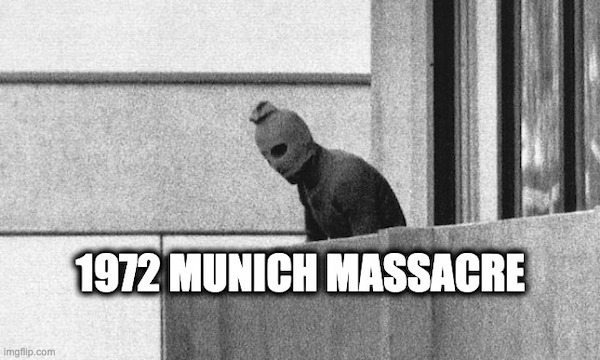As a conservative, I should like nostalgia, right?
w
But a recent survey determining that nearly six out of 10 Americans – and over 70% of Republican-leaning respondents – think the country was better off 50 years ago baffles me.
r
Despite negative partisanship and constant pessimistic grievance from the populist wings of both parties, this is illogical.
r
After all, in 1939, Gallup found that nearly two in three Americans thought people were better off in the horse-and-buggy era.
r
Americans have always longed for the “good old days.” The problem is that most can’t define when or what constitutes those good old days. Most often, it seems to be about five decades earlier than the current day.
r
Earlier this year, AEI’s Karlyn Bowman found surveys indicating that the 1980s and 1990s have suddenly begun supplanting the 1950s as the modern “good old days.” You can see evidence for this in popular culture, like remakes of old sitcoms into new shows that cast those years as halcyon days.
r
It has been around for a while. Remember, in the late 1980s/early 1990s, the popular show “The Wonder Years” was set in the 1960s.
r
Indeed, in the ’80s and ’90s, popular culture was riddled with baby boomers and Gen X angst about contemporary society. And don’t even get me started on themes across the music industry.
r
The simple fact: nostalgia is a constant in American history and American politics.
r
With nostalgia being such a powerful human emotion, politicians happily utilize it. Yet I would wager that many people confuse their own hazy personal memories with a narcissistic indictment of today.
r
When Americans say things were better 50 years ago, do they mean stagflation? Gas lines? Vietnam? Watergate?
rv
We hear a lot about soaring crime these days. It’s surely an important issue, but are we nostalgic for the 1970s because we’ve memory-holed that violent crime exploded then and has been chiefly trending downward since 1993. In 18 months, from 1971-1972, there was an average of five terrorist bombings per day.
rrrrv
Despite apocalyptic gloom from mawkish hucksters like Tucker Carlson and Robert F. Kennedy Jr., Americans are richer today than decades ago. Adjusted for purchasing power, even residents of our poorest state — Mississippi — have higher incomes than the French.
rv
We live longer, have far more free time, and can travel more affordably. Infant mortality has mercifully been cut in half;
contra doomsday environmentalist propaganda, our air and water quality is vastly improved. Our cars are better and much safer. Our homes are bigger and more comfortable. The number of people injured or killed on the jobs has plummeted. We’ve obviously made tremendous progress against supposed racism during the last several decades.
f
None of this means today is perfect or that everything is better (teachers’ unions are crushing vulnerable children’s futures across America); nostalgia is flawed because it takes important progress for granted and uses emotional feelings instead of actual memories.
f
And by the way, if a politician delivered upon the reality of the “good old days” once in office, Americans would be irate and quickly oust him or her from office.
fff
Ari Kaufman is a correspondent for several U.S. newspapers and magazines from Minnesota and Ohio to Tennessee and Virginia. He taught school and served as a military historian before beginning his journalism career. He is the author of three books and a frequent guest on radio programs, and contributes to Israel National News and here at The Lid.
7
7
f






